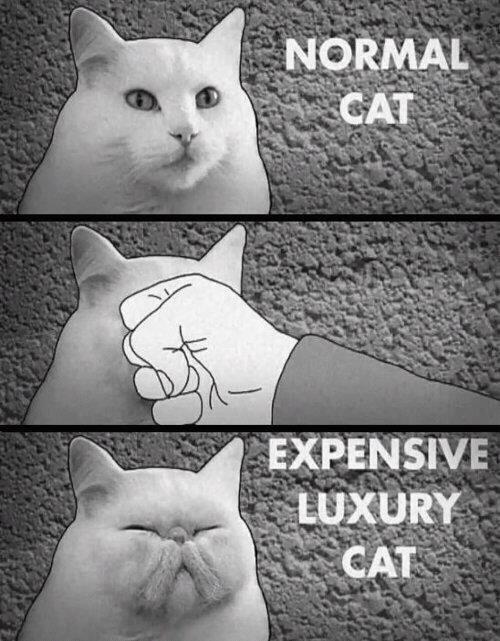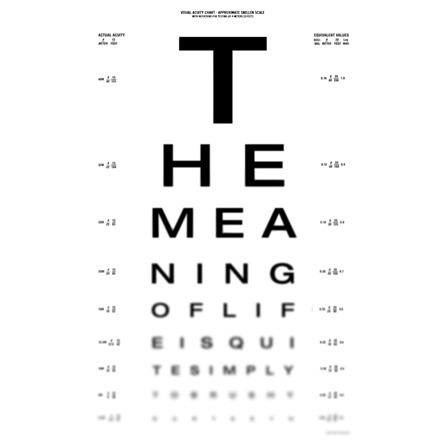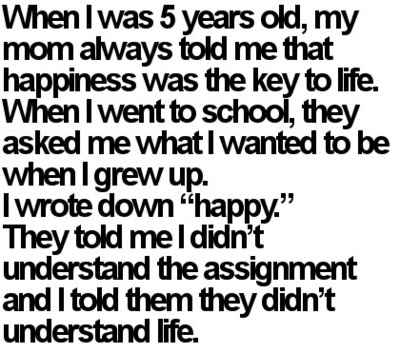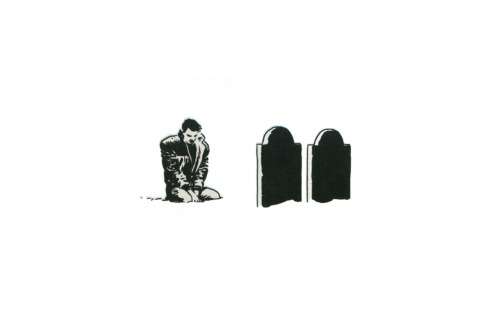In the long run, do cheap purchases make us happier than expensive ones?
en making expensive purchases (like vacations) we think about the money and what we're getting. With cheaper stuff (going to the movies) we focus more on who we're with. Focusing on relationships brings more long term happiness. Via PRWeb (hat tip: Jennifer Aaker) Statistical analysis showed that when considering inexpensive experiences, people’s main concern was with whom they would share the experience, preferring to do them with friends rather than family. For more luxurious experiences people were most concerned with…
1 min read
How To Find Meaning In Life, Backed By Research
man beings certainly gravitate to religion and it seems we all have an tendency to believe in some sort of karma. Your mind may require meaning. Studies show it's one of the key factors underlying happiness and motivation. So what does research say about how we might be able to find meaning in life? Meaning Is About Stories Studies have shown that stories are key to some of the most fundamental parts of our lives: increasing happiness, group solidarity…
3 minutes
Happy Thoughts: Here are the things proven to make you happier:
hat's the secret to a head full of happy thoughts? Time to round up the research on living a happy life to see what we can use. First, yeah, a good chunk of happiness is controlled by your genes but there's a lot you can do to make yourself happier.…
5 minutes
Science Says These Two Techniques Will Keep You Cool Under Pressure
ppressing emotions can backfire: Via Your Brain at Work: Strategies for Overcoming Distraction, Regaining Focus, and Working Smarter All Day Long: Gross found that people who tried to suppress a negative emotional experience failed to do so. While they thought they looked fine outwardly, inwardly their limbic system was just as aroused as without suppression, and in some cases, even more aroused. Kevin Ochsner, at Columbia, repeated these findings using an fMRI. Trying not to feel something doesn’t work, and…
2 minutes
What’s worse: physical pain or social pain?
st of us fear a broken arm far more than a moment of embarrassment or rejection. In his book, Your Brain at Work: Strategies for Overcoming Distraction, Regaining Focus, and Working Smarter All Day Long, David Brock makes an excellent point: We feel physical pain once and then it ends. We are able to feel relive emotional pain all over again years later. That hurt can stay with us much longer, maybe never abating. People who experience events like this…
2 minutes
This Personality Trait Leads To Long Lives, Happy Marriages And Money
ing conscientious. "Conscientiousness, which was the best predictor of longevity when measured in childhood, also turned out to be the best personality predictor of long life when measured in adulthood." "...our findings suggest that conscientiousness is the trait most broadly associated with marital satisfaction in this sample of long-wed couples." "Measured concurrently, emotionally stable and conscientious participants reported higher incomes and job satisfaction." "...the personality traits Conscientiousness and Neuroticism have a strong impact on the instantaneous probability of finding a…
1 min read
The Secret To Eliminating Stress, According To Research
is often said, stress isn't about what happens to us, it's how we react to it. This is very true. We don't feel as stressed when we feel in control. Again, the emphasis is on feel. Even illusory feelings of control can eliminate stress. (This is the secret to why idiots and crazy people may feel far less stress than those who see a situation clearly.) Anything that increases your perception of control over a situation -- whether it…
3 minutes
7 Easy Happiness Boosters According to Harvard Research
ghlights from Shawn Achor's The Happiness Advantage: "Each activity listed below not only gives us a quick boost of positive emotions, improving our performance and focus in the moment; but if performed habitually over time, each has been shown to help permanently raise our happiness baseline..." 1) Meditate Via The Happiness Advantage: "Take just five minutes each day to watch your breath go in and out. While you do so, try to remain patient. If you find your mind drifting,…
3 minutes








